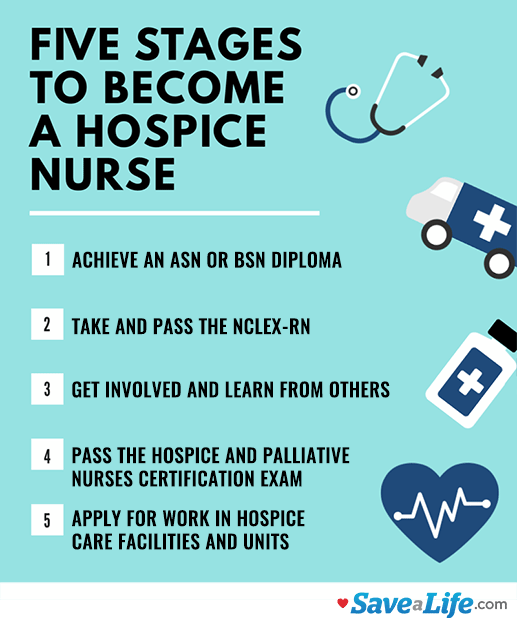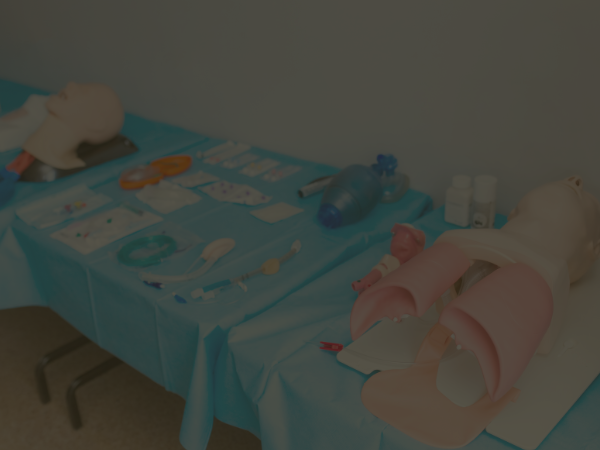IT TAKES A SPECIAL TYPE OF PERSON to be a hospice nurse, and at National Health Care Provider Solutions, we have the utmost respect for those with the passionate hearts to pursue a career in hospice nursing. The hospice career is an opportunity to care for patients during the final moments of their lives, and it should be an honor to be by their side during this critical time. A lot of times care can be given in the patients home to make them feel more comfortable.
The hospice nurse not only helps to relieve the stress of the situation for the family and the patient but also to help improve the patients quality of life.
A hospice nurse has several responsibilities but mainly provides care for critically ill patients who are near death. They work very closely with the family members and other health care professionals to make sure the patients needs are met. Taking care of someone in their final days should be an honor.
If you have an interest in hospice nursing, there are several specific education and training skills required for the job. Check out these 5 essential steps below:
5 Stages on your Journey to Becoming a Hospice Nurse
#1 Attend an accredited to receive a specialized diploma
You will need to complete either a Bachelor of Science degree in Nursing (BSN) or an Associate of Science degree in Nursing (ASN) before being able to apply to be a hospice nurse.
Both options are popular but are slightly different. A BSN is a 4-year degree at a university, while an ASN is a program that typically only takes a couple of years at specific nursing schools and community colleges. Having a degree is a requirement for nursing.
#2 Take (and pass!) the NCLEX-RN
After graduating from an accredited program and receiving your diploma, it’s time to gear up for one of the most significant physical tests in your career as a hospice nurse! The NCLEX-RN is an exam taken by all registered nurses and must be taken as soon as possible.
#3 Get involved and learn from others in the field
After passing the NCLEX-RN exam, it’s time to gain experience in the particular type of nursing care required by hospice patients. This acute care is found in intensive care units, such as geriatric and ICU nursing units. The typical time frame when one must gain experience in these high-intensity units is about one to two years.
#4 Take (and pass!) the Hospice & Palliative Nurses Certification exam
If you choose, you can become certified in hospice care through the National Board for Certification of Hospice and Palliative Nurses, which is located in Pennsylvania.
After passing the exam, you will be given the proper accreditation to your name and can continue on your final journey to finding work in hospice care facilities.
#5 Apply for work in hospice care facilities and units
The final step in your journey is finding and applying for job at hospice care facilities in your local area. The renewal of your certifications should be further looked into every two to four years to stay current in the field.
Check out the infographic we’ve created below on your journey to becoming a hospice nurse!








Hi sir I would like to get questions